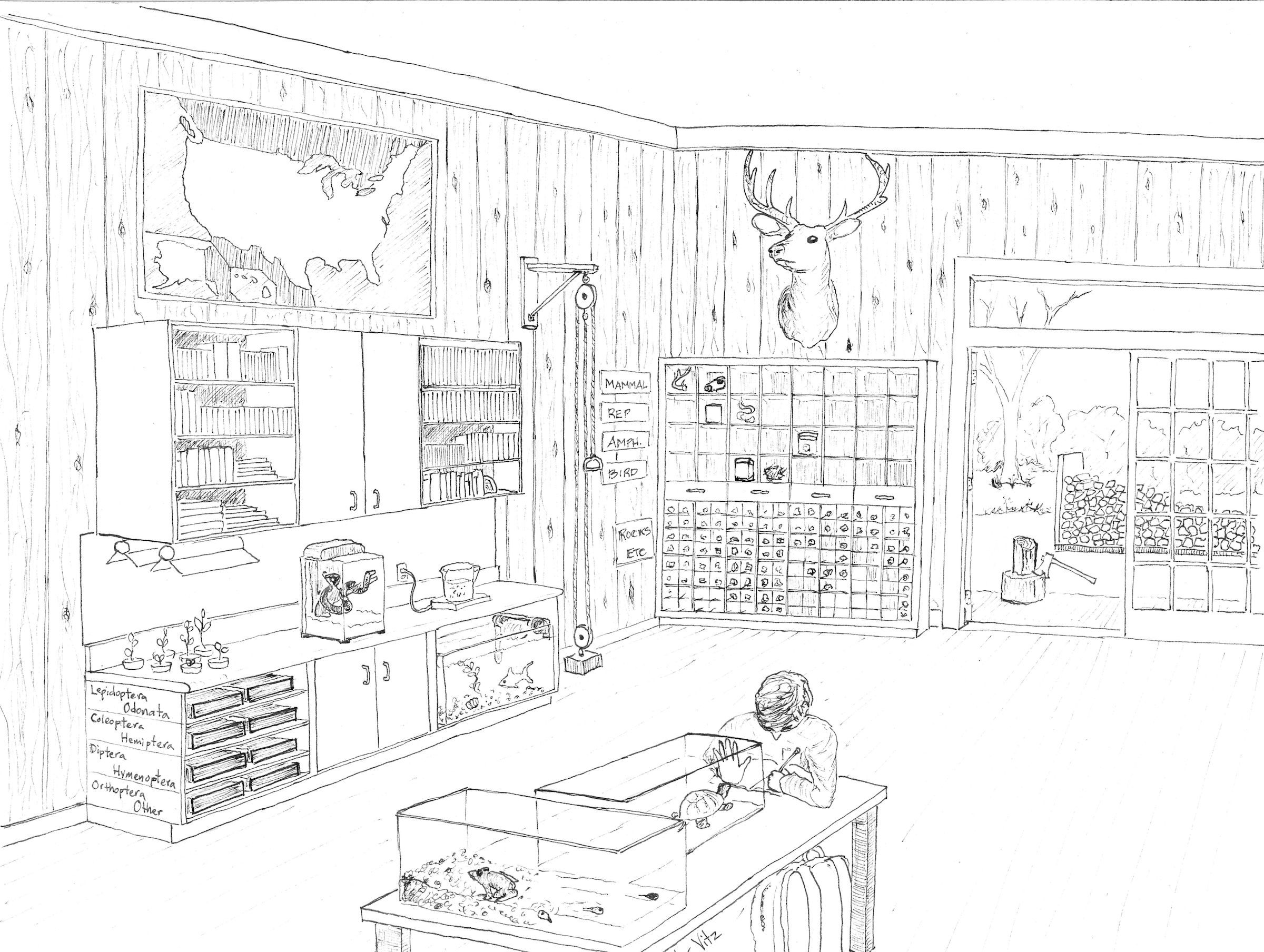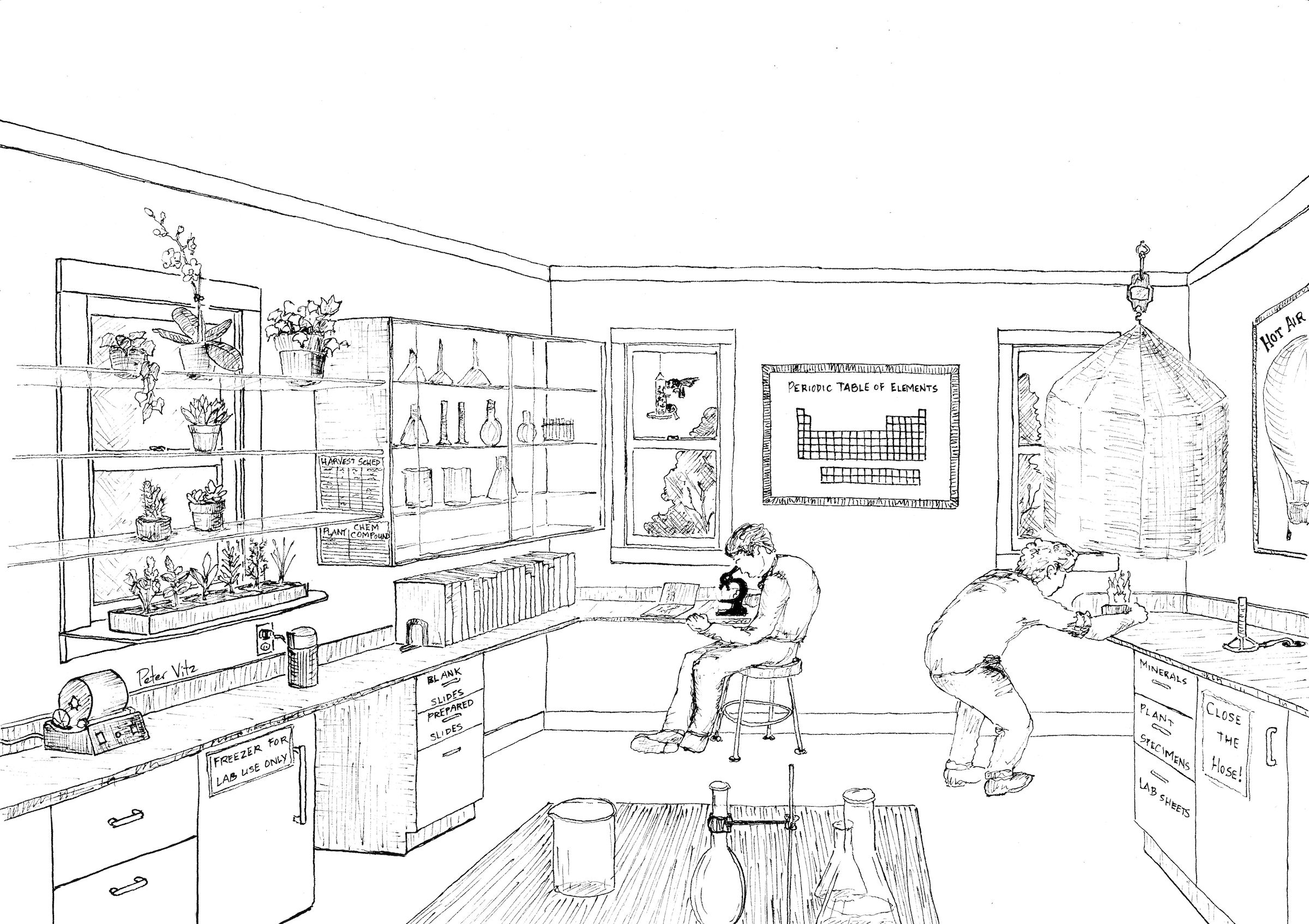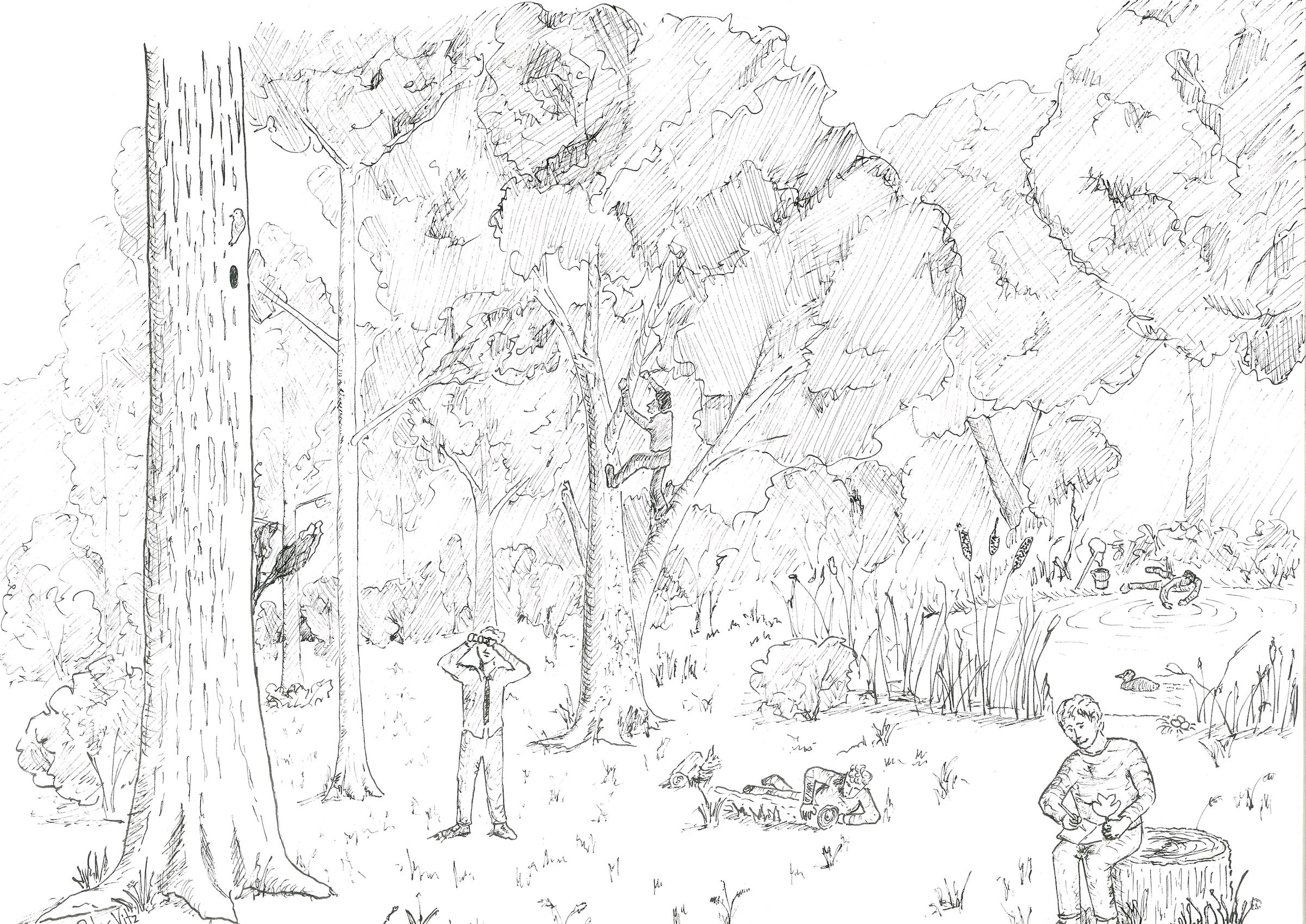The Initiative for the Renewal of Science Education
A more scientific approach to science education

Today science education tends to begin with theory and then proceeds to explain how observed phenomena are consistent with the theory. The theory is presented as primary, as something we should accept as given, as something already worked out by experts.
This approach is backwards. It promotes in students a habit of surrender, of sacrificing personal intellectual sovereignty. Students educated in this way lack the perspective and vision characteristic of someone with a scientific mindset; they are being trained to become technicians, not scientists.
The IRSE approach fosters a scientific mindset and an accurate understanding of what modern science is: a noble human endeavor to build models that have explanatory and predictive power. The student is respected as a rational agent capable of independently analyzing evidence. The student is supported in a process of inquiry, a process that mirrors the scientific method.

There are three pillars to the IRSE approach:
- Reality. The real world is the starting point. Students consider observable phenomena and follow evidential reasoning to working models.
- History. Students learn the history of scientific inquiry and discovery and, in doing so, better understand the models they use in problem solving and analysis.
- Epistemology. Students explore the intersection between modern science and other ways of knowing. Modern science is like the visible part of a tree, supported and nourished by the root-disciplines of mathematics, logic and metaphysics, with branches reaching to the sky, to the full spectrum of human wisdom, aspirations and ethics.
Our approach is reflected in the three drawings by Heights teacher Peter Vitz.

Start Here
Science Education: Michael Moynihan on the Need for a New Synthesis
Featuring Michael Moynihan
The problem with science education today is not that it is too scientific at the expense of being philosophic or Christian. The problem is that it is not scientific enough such that it has often become dogmatic rather than data-driven. This week on HeightsCast we talk with upper school head Michael Moynihan about a new initiative of his on the Forum: the Initiative for the Renewal of Science Education. In the episode, Michael discusses the need for a new synthesis in the liberal arts, combining the best of modern...
A More Scientific Approach to Science Education
By Michael Moynihan
Not scientific? A serious problem in science education today is an ironic one: science education too often fails to be scientific. This is admittedly an odd statement. How can science education be non-scientific? Isn’t anything to do with presenting scientific knowledge necessarily scientific? Science education today too often fails to proceed in a scientific manner, in a manner that fosters both scientific understanding and thinking. The problem is not with what is being taught. For the most part, the scientific knowledge that is being conveyed is accurate and scientific enough....
Teaching Students the Nature of Science
By Pete Bancroft
Teaching students the nature of science My former student Finn, when asked the cause of some chemical property or reaction, would often answer by saying, “SCIENCE!” This was pronounced in stentorian tones with expansive gestures, which, together with his jumbo-sized hairdo, created an impression. It was tongue-in-cheek, of course; he did not literally believe that Science was some sort of mysterious and powerful agent causing physical phenomena–it was just a humorous way of admitting he didn’t know an answer. We sometimes do encounter, though, people who speak of Science as...
Teaching Scientific Modeling
By Pete Bancroft
The power of models Although each science in the curriculum has its own lens through which it looks at nature or society, they are united by a common approach. Modern science can be described as an ongoing process of developing and deploying models—not model airplanes or runway models, of course, but simplified representations of complicated objects or systems. Models help us understand things by focusing on their essential features and leaving out the incidental or less important details. Developing a model involves applying inductive reasoning to things or phenomena to...
Science, Theories, and Truth: The Epistemic Status of Modern Scientific Knowledge
By Dan Murphy
Introduction Science has done some remarkable things. From Thales’ prediction of a solar eclipse in 585 BC to the detection of gravitational waves in September 2015, from enabling heart transplants to enabling of the atomic bomb, science has made many impressive, useful, and powerful contributions that sometimes change history. Science also influences our day-to-day life in ways we rarely notice. Every time you turn on the lights, run the dishwasher, use your phone, or drive your car down the highway, it is an incarnation of multiple scientific theories. But what...
Telling the Story of Science
By Dan Murphy
The story of science is one that is often left untold in our classrooms today. This is an unfortunate situation, especially when we consider the words of Alexis de Tocqueville from The Old Regime and the Revolution describing the events leading up to the French Revolution. History… is a picture gallery containing a host of copies and very few originals.[1] The history of science is no different. Among the host of copies, we find scientists carrying out the normal processes of science to make slow and steady progress, but we...
Teacher Resources
First Day of Physical Science Outline: Mr. P’s Sound Beginnings
By Michael Moynihan
It’s the first day of school. Students arrive at Mr. P’s Physical Science class with a mix of anxiety, interest and uncertainty. What will this year be like in science class? How difficult will the class be? Where are my friends sitting? Who are these new students I do not know? I can’t believe I’m sitting in class right now when just yesterday at this time I was fishing at Bear Creek with my best friend Justin, enjoying the last day of summer vacation… Thoughts are also racing through Mr....
First Day of Biology Outline: Mr. B’s Sound Beginnings
By Michael Moynihan
The first several days… Mr. B starts the course in a way similar to his friend Mr. P, the eighth grade Physical Science teacher (first reading at least the introductory part of the article A Sound Beginning: Mr. P and Physical Science is recommended). He greets the students as they meander into his Biology class. Administrative details take up about half the first class and then the real teaching begins. The logical starting place is for Mr. B to explain what Biology is and why it is worthwhile to study...
Counting the Crumbs: Experimental Design and the Chemistry of Cookies
By Kat Hussmann
Teaching the scientific method through a baking project. This lesson will help students: Understand modern science as an inquiry-based approach advanced by carefully designed experiments. Become familiar with the scientific method and how to apply this method in the real world. Analyze collected data and present findings to peers. Overall Objective Too often students learn the scientific process as bystanders, never sitting in the driver’s seat to see the path that lies ahead on the journey to exploration of their natural world. Many students can rattle off the steps of...
Force and Momentum: Exploring a Point of Intersection Between Classical and Modern Physics
By Dave Maxham
At the beginning of every year in physics, I start out with an overview of Aristotle’s ten categories of being: This diagram shows that the most fundamental category is “substance”: It “stands under” the other nine accidents, supporting them. It cannot be directly sensed by any of the five senses. Impossible to directly see, hear, touch, smell or taste a substance (we only see, hear, touch, smell or taste the accidents) The substance is only grasped by the intellect as the intellect abstracts from the information we receive from our...
Science and Technology
By Thomas Hardy
Click here to download a printable PDF of this chapter of the textbook, Physical Science and Technology. Purpose: To understand what science is, and what technology is; how science proceeds; and how technology proceeds. I wrote this textbook with the hope that you will find this the most interesting science course you have ever taken. I hope you will be able to look at the technologies you use every day with “new eyes” and understand very well how science is done. To start, let’s define a few terms. What is science? What is...
An Introduction to Natural History with Eric Heil: On the Study of Our World Fully Alive
Featuring Eric Heil
In certain school systems, it is perhaps more common to find students dissecting samples and diagraming abstractions. The boys in the Lower School at The Heights, however, begin their scientific formation not in a lab, among dead specimens, but in nature, among living creatures. Their text book is not full of paper, but of paper’s source, trees; for their primary text is the book of nature itself. In this week’s episode, Eric Heil takes us outdoors–so to speak–for a discussion of natural history. With over fourteen years of experience teaching...

